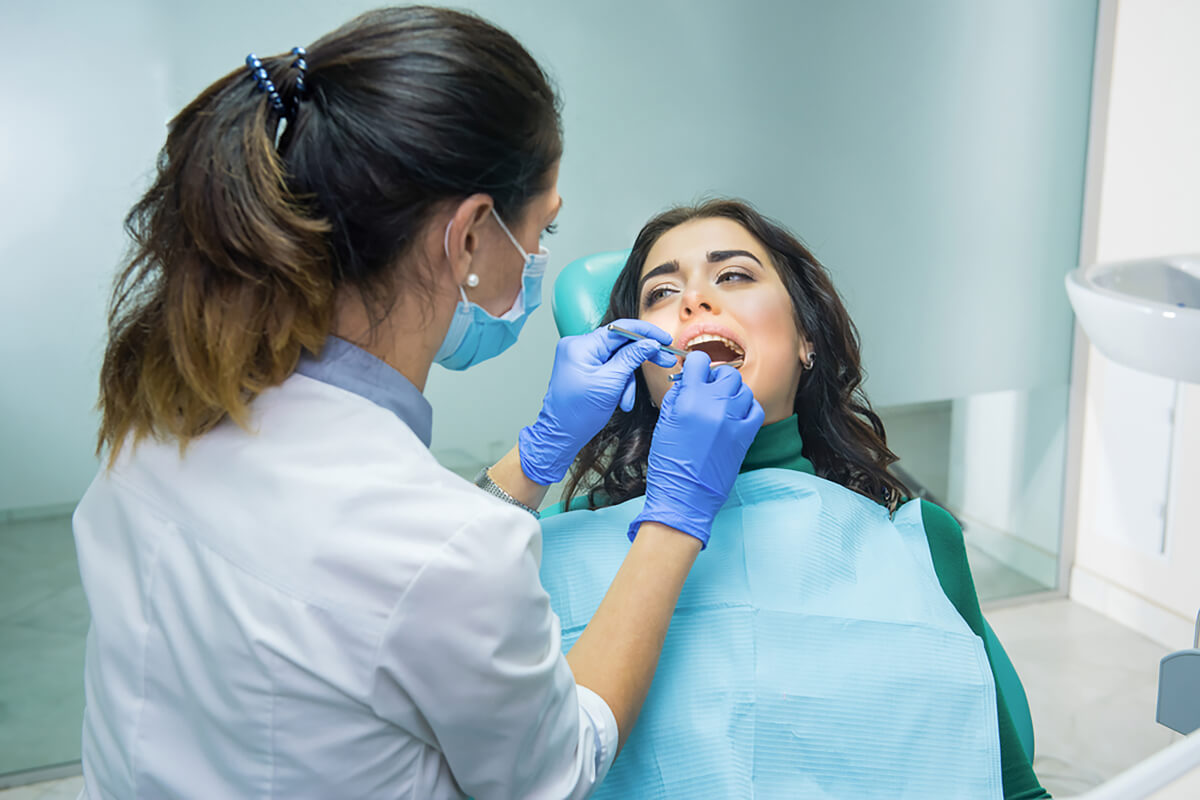
Dealing with a dental emergency can be a stressful and painful experience. Whether it's a sudden toothache, a broken tooth, or any other urgent dental issue, knowing the basics of emergency dental treatment can help you navigate through the situation effectively. In this article, we will guide you through the essential information you need to know when it comes to emergency dental care, from recognizing the signs of a dental emergency to seeking prompt treatment for relief.
Recognizing a Dental Emergency
Not all dental issues require immediate attention, but certain situations constitute a dental emergency that demands urgent care. Here are some common signs that indicate you may be facing a dental emergency:
Symptoms of a Dental Emergency
- Severe toothache
- Knocked-out tooth
- Broken or cracked tooth
- Swelling in the gums or face
- Lost filling or crown
- Abscess or infection in the mouth
When to Seek Emergency Dental Care
- If you are experiencing severe pain that is not relieved by over-the-counter medications
- If you have sustained a dental injury or trauma
- If there is significant bleeding from the mouth
- If you have signs of infection such as pus or a foul taste in your mouth
Steps to Take During a Dental Emergency
When you are faced with a dental emergency, taking the right steps promptly can make a significant difference in the outcome. Here are some essential steps to take during a dental emergency:
Contact Your Dentist or an Emergency Dental Clinic
It is crucial to reach out to your dentist as soon as possible when you experience a dental emergency. Many dental practices have protocols in place to accommodate emergency cases, and they can provide you with guidance on the next steps to take.
Manage Pain and Discomfort
While waiting for professional help, you can take steps to alleviate pain and discomfort:
- Rinse your mouth with warm salt water to reduce swelling and clean the affected area
- Use over-the-counter pain medications as directed to manage pain
- Avoid placing aspirin directly on the gums or tooth as it may cause further irritation
Handle a Knocked-Out Tooth Carefully
If you have a knocked-out tooth, handle it with care:
- Pick up the tooth by the crown (top part) without touching the root
- Rinse the tooth gently with water if it is dirty, but do not scrub or remove any attached tissue
- Try to reinsert the tooth into its socket, or store it in milk or saliva to keep it moist and bring it to the dentist
Emergency Dental Treatments
When you visit your dentist for emergency treatment, they will assess your condition and recommend the appropriate treatment to address the issue. Here are some common emergency dental treatments that may be provided:
Tooth Extraction
If a tooth is severely damaged or infected and cannot be saved, the dentist may recommend extracting the tooth to prevent further complications.
Dental Fillings or Crowns
If you have a broken or decayed tooth, the dentist may repair it with a filling or crown to restore its function and appearance.
Root Canal Therapy
If you have an infected tooth, root canal therapy may be necessary to remove the infected pulp and save the tooth from extraction.
Antibiotics or Pain Medications
For dental infections or severe pain, the dentist may prescribe antibiotics or pain medications to manage the symptoms and promote healing.
Preventing Dental Emergencies
While some dental emergencies are unavoidable, taking preventive measures can help reduce the risk of experiencing sudden dental issues. Here are some tips to prevent dental emergencies:
Maintain Good Oral Hygiene
- Brush your teeth twice a day and floss daily to remove plaque and bacteria
- Visit your dentist regularly for dental cleanings and check-ups
Wear a Mouthguard
- If you participate in sports or activities that pose a risk of dental injuries, wear a mouthguard to protect your teeth
Avoid Chewing on Hard Objects
- Avoid using your teeth to bite or chew on hard objects like ice, popcorn kernels, or pen caps to prevent tooth damage
By following these preventive measures and being mindful of your oral health, you can minimize the likelihood of experiencing a dental emergency.
Conclusion
Emergency dental treatment is crucial for addressing sudden dental issues and relieving pain and discomfort. By recognizing the signs of a dental emergency, taking appropriate steps during an emergency, and seeking prompt professional care, you can effectively manage dental emergencies and protect your oral health. Remember to contact your dentist immediately in case of a dental emergency and follow their guidance for the best possible outcome.